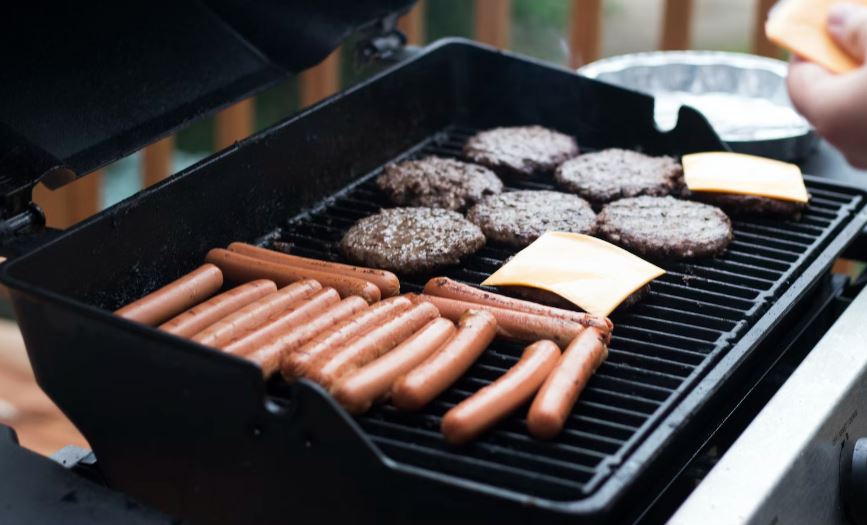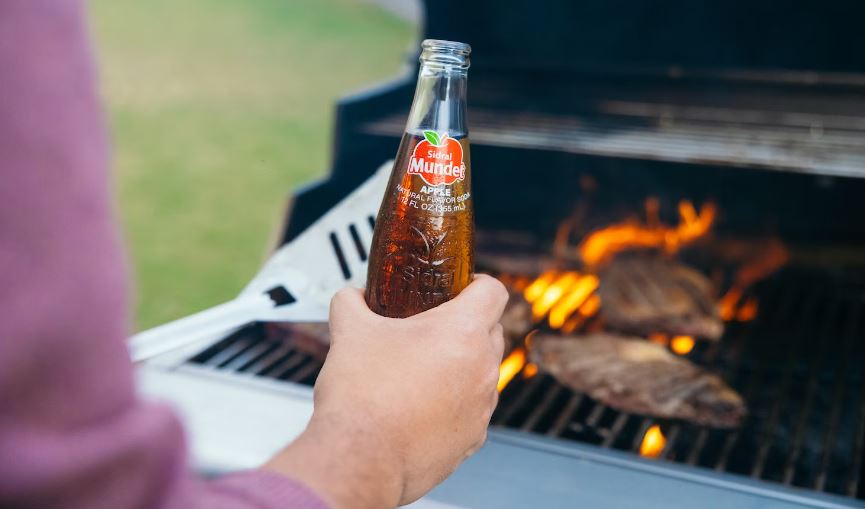Grilling is a beloved culinary tradition that brings people together for delicious outdoor feasts. Among the various types available, gas grills have gained immense popularity due to their convenience, versatility, and consistent performance. Whether you’re a seasoned grill master or a novice, using a gas grill effectively requires some knowledge and finesse. In this article, we will explore essential tips for using gas grills to help you achieve mouthwatering results every time.
1. Choosing the Right Gas Grill
Before delving into grilling techniques, selecting the right gas grill that suits your needs and preferences is crucial. Consider factors like size, cooking surface, BTU (British Thermal Unit) output, and the grill’s build quality. High-quality grills may come at a premium price, but they often last longer and provide better performance, making them a worthwhile investment for grill enthusiasts.
2. Safety First
Safety should always be a top priority when using gas grills. Follow these essential safety guidelines:
a. Check for Gas Leaks:
Inspect the gas connections and hoses for leaks before every use. A simple mixture of soap and water can help detect leaks—apply it to the connections and look for bubbles.
b. Keep the Grill in a Well-Ventilated Area:
Gas grills should always be used outdoors in an open area with good airflow. Never grill in enclosed spaces like garages, as this can lead to the accumulation of dangerous carbon monoxide gas.
c. Maintain Distance:
Keep the grill at least 10 feet away from flammable materials, including your home, trees, and overhanging structures.
d. Keep a Fire Extinguisher Handy:
In case of a flare-up or emergency, it is essential to have a fire extinguisher nearby. Familiarize yourself with its operation before using the grill.
3. Preheat the Grill
Preheating your gas grill is a critical step that ensures even cooking and prevents food from sticking to the grates. Turn on the grill and set it to high heat for 10-15 minutes before cooking. This time allows the grates to get hot and burn off any residue from previous grilling sessions.
4. Clean the Grill Grates
Clean grill grates are essential for preventing food from sticking and imparting any unwanted flavors to your dishes. After preheating, use a grill brush to scrub the grates thoroughly. A clean grill will also help maintain even heat distribution.
5. Oil the Grates
To further prevent food from sticking, it is a good practice to oil the grates before placing your ingredients on them. Use a paper towel soaked in vegetable oil and a pair of long tongs to apply the oil to the grates. Be cautious when doing this, as the oil can cause flare-ups if it drips onto the burners.
6. Use the Two-Zone Grilling Method
Mastering the two-zone grilling method is a game-changer when it comes to cooking a variety of foods on your gas grill. This technique involves creating two distinct temperature zones on the grill:
a. Direct Heat Zone:
This area is where the burners are set to high, creating intense heat suitable for searing and cooking items like steaks, burgers, and sausages.
b. Indirect Heat Zone:
The opposite side of the grill is used for indirect cooking. Here, the burners are turned off or set to low, allowing for slower, more even cooking. It is perfect for roasting, smoking, or cooking delicate items like fish and vegetables.
By using these two zones strategically, you can cook different foods at their ideal temperatures simultaneously.
7. Invest in a Meat Thermometer
Achieving the perfect level of doneness can be challenging without a reliable meat thermometer. Invest in a high-quality instant-read thermometer to ensure your meats are cooked to perfection without overcooking or undercooking. The ideal internal temperatures vary depending on the type of meat you are cooking, so refer to a temperature guide for accurate results.
8. Avoid Excessive Flipping
One common grilling mistake is flipping food too frequently. Resist the urge to flip your meats and other items constantly. Flipping them once or twice during cooking is generally sufficient. Frequent flipping can disrupt the formation of a flavorful crust and result in uneven cooking.
9. Manage Flare-Ups
Flare-ups can occur when fat or marinades drip onto the hot grill grates, causing sudden bursts of flames. While they may add some flavor, excessive flare-ups can char or burn your food. Here’s how to manage flare-ups:
a. Move Food to Indirect Heat:
If flare-ups occur, move the food to the indirect heat zone until the flames subside. This will prevent overcooking or charring.
b. Use a Spray Bottle:
Keep a spray bottle filled with water handy to quickly douse any excessive flames without affecting the cooking process.
c. Trim Excess Fat:
Trim excess fat from meats before grilling to reduce the potential for flare-ups.
10. Let It Rest
Just like other cooking methods, it is essential to let grilled meats rest before slicing into them. Resting permits the juices to evenly disperse within the meat, leading to a final product that is more succulent and bursting with flavor. Cover the meat with foil and let it rest for about 5-10 minutes before serving.
11. Experiment with Marinades and Rubs
Enhance the flavor of your grilled dishes by experimenting with marinades, rubs, and sauces. Marinades infuse meat with flavor and tenderize it, while rubs create a flavorful crust. Be mindful of the ingredients in your marinades and avoid overly acidic ones, as they can break down the meat’s texture if used for too long.
12. Keep a Grill Log
To continually improve your grilling skills, consider keeping a grill log. Note down the recipes you have tried, what worked well, and what didn’t. This will help refine your techniques and create a personalized collection of successful grilling recipes.
13. Clean the Grill After Each Use
Maintaining the grill correctly is essential for its durability and optimal operation. Following each grilling session, ensure that you clean the grates thoroughly and eliminate any lingering food remnants. Additionally, empty the grease tray to prevent grease buildup and potential flare-ups. Periodically, perform a more thorough cleaning by removing the grates and heat deflectors and scrubbing the grill’s interior.
14. Perform Regular Maintenance
Perform routine maintenance on your gas grill to keep it in top working condition. This includes checking and tightening gas connections, inspecting the burners for clogs, and replacing any damaged or corroded parts. Regular maintenance can extend the life of your grill and ensure it continues to perform optimally.
Conclusion
Using a gas grill can be a rewarding and enjoyable experience, but it requires proper techniques and attention to detail. By following these important tips for using gas grills, you can elevate your grilling game and impress your friends and family with delicious outdoor meals. Remember that practice makes perfect, so don’t be afraid to experiment and refine your skills over time. With the right knowledge and a little patience, you will become a true grill master in no time.


